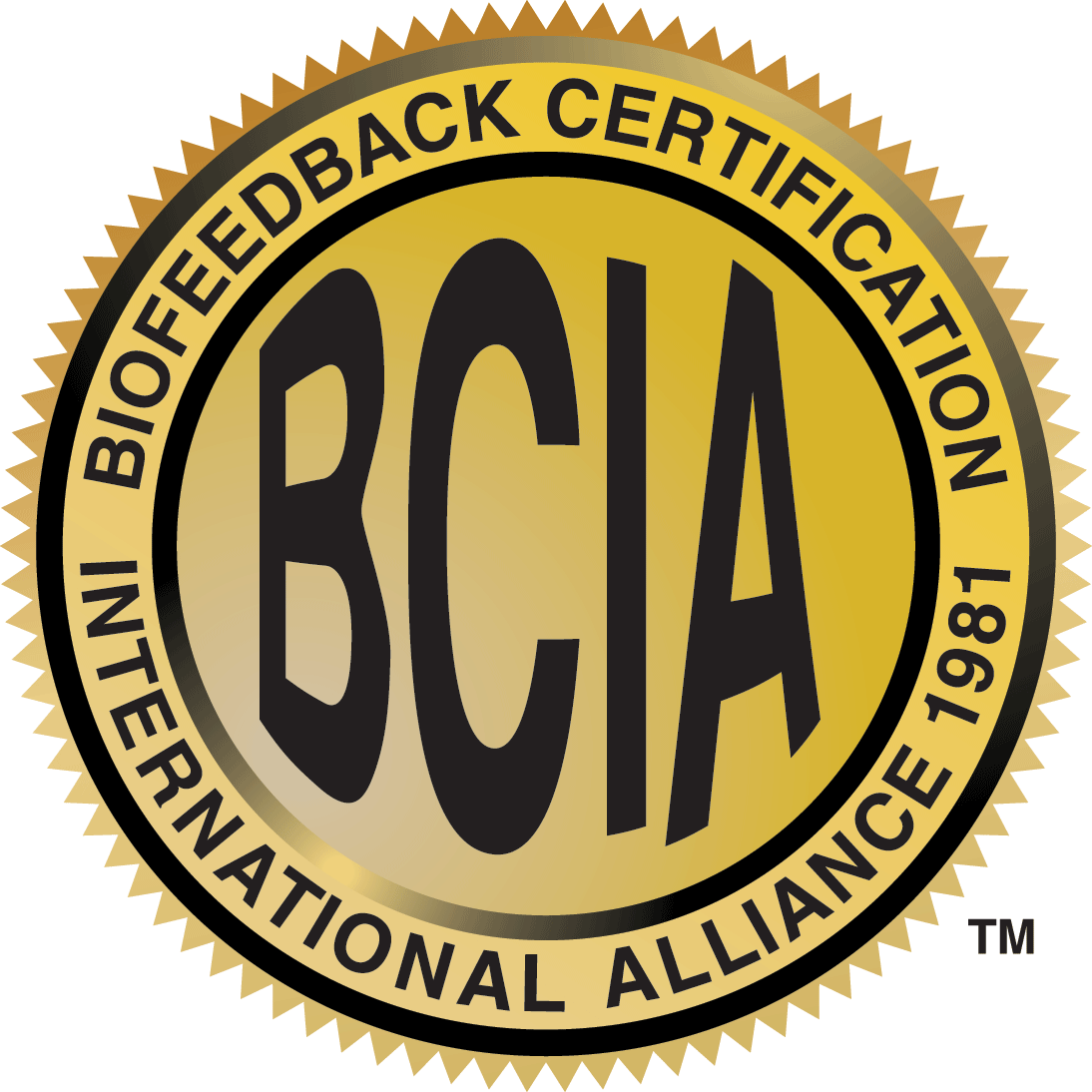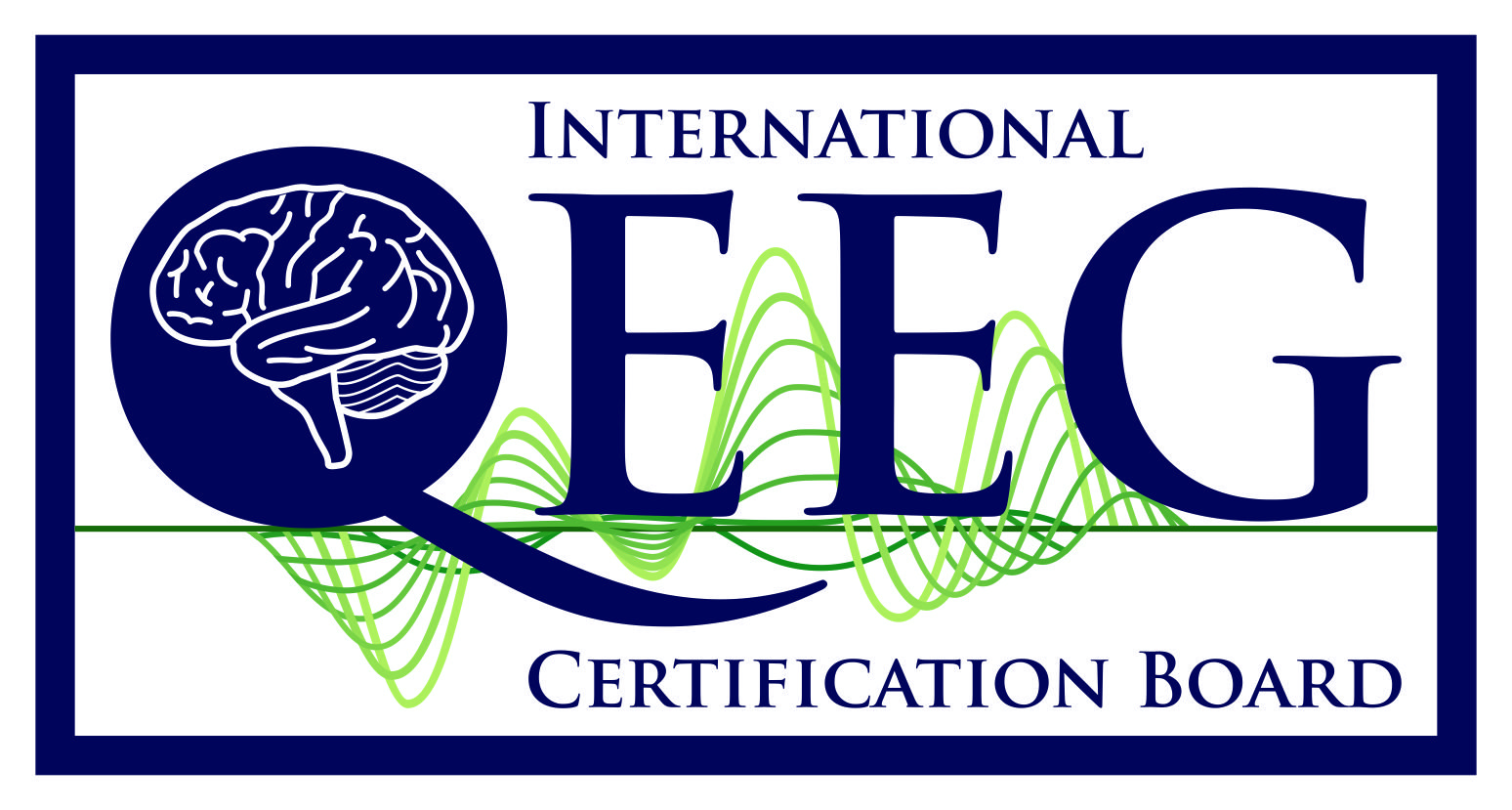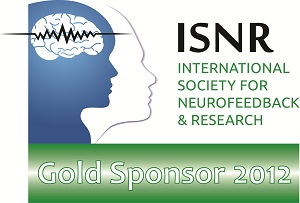StressTherapy Solutions is proud to offer a brand-new, innovative workshop:
NeuroMeditation
December 2nd-4th, 2016
CrownPlaza Ceveland South
5300 Rockside Road
Independence, OH 44131

Instructor: Jeffrey Tarrant – Ph.D, BCN
Total CEs: 14 Hours
Despite the obvious appeal and increased accessibility of meditation training with programs such as mindfulness-based stress reduction (MBSR), it remains a significant challenge for many individuals to maintain a consistent practice (Brandmeyer & Delorme, 2013). Early meditators often complain that they do not know if they are “doing it right” or give up before realizing any significant benefits. By providing the meditator with immediate feedback on their brainwave state, a neurotherapist can help define and refine the process, potentially increasing motivation, interest and impact. Incorporating neurofeedback into a meditation practice can potentially help with these concerns. In addition, because meditation and neurofeedback are both involved in the training of mental states, it seems obvious that these practices could be used to enhance each other, either in an attempt to achieve deeper states of meditation or by combining them as a treatment intervention for specific mental health conditions such as ADHD, anxiety or depression (Brandmeyer & Delorme, 2013).
In this three day workshop, we will explore four different styles of meditation practices based on the role of attention, intention, brainwave states and brain regions involved; these four styles include Focused Attention, Open Monitoring, Automatic Self-Transcending and Loving-Kindness/Compassion (Cahn & Polich, 2006; Lutz et al., 2004). Using this information, we can identify which practices might be best suited for particular goals (Tarrant, 2016). In this way, it is possible to link each style of meditation with specific mental health concerns as a therapeutic intervention. For example:
Focused Attention (Concentration) practices impact the brain networks in ways that specifically encourage improved concentration and reduced distractability.
Open Monitoring (Mindfulness) practices have the greatest impact on stress and anxiety.
Loving kindness/Compassion targets mood concerns and empathy building.
Automatic Self-Transcending (think TM) may be ideal for addictions, affect regulation, and personality based concerns.
This workshop will help attendees learn how to select a meditation style based on client presenting concerns and provide a host of practical strategies to approach each of the meditative styles. As part of this workshop, you will receive standard and sLORETA neuromeditation protocols for each meditation style and have opportunities to practice with each one. You will also have the opportunity to practice using HRV biofeedback in conjunction with certain meditative techniques. The approaches to NeuroMeditation taught in this workshop can be used immediately to achieve deeper states of meditation or as a treatment intervention for mental health conditions such as ADHD, anxiety, depression, personality disorders or addictions.
Read More:
Reserve a Room
Purchase Options:
Full Workshop – 3 Days
$595 USD
[eshop_addtocart]
[Day 1] – Friday December 2nd
6:30pm – 9:30pm – Introduction to the NeuroMeditation Workshop
- Getting the Equipment up and running
- NeuroMeditation demonstration by Jeff Tarrant
[Day 2] – Saturday December 3rd
9:00am – 10:00am – Your Brain on Meditation – 1CE
- Meditation Changes the Brain
- The 4 types of Meditative Practices
- Matching Meditation with Mental Health
- Choosing a NeuroMeditation style
- Self-Assessment
10:00am – 1:00pm – ADHD: Strategies to Increase Focus & Self-Monitoring – 3CEs
- The Unfocused Brain
- Focused Attention Meditation
- Tips and Strategies
- Guided Practice
- NeuroMeditation protocols and practice
- Breathing Pacers and HRV protocols and practice
1:00pm – 2:00pm – Lunch
2:00pm – 5:00pm – Anxiety: Strategies to Manage & Address Judgment and Over-Thinking – 3CEs
- Anxiety and Stress: the Link
- Thoughts are not facts!
- Automatic Pilot
- Mindfulness Wedge
- Challenging the Storyteller
- Observe and Challenge
- Cognitive Distortions
- Staying in the Present
- The Anxious Brain
- Strategies to Quiet the Brain
- Open Monitoring Meditation
- NeuroMeditation protocols and practice
- Mindfulness in Nature (Virtual Reality)
- Mandalynth
- RSA Breathing
- Open Monitoring Meditation
[Day 3] – Sunday December 4th
9:00am – 11:00am – Depression: Strategies to Shift Perspective – 2CEs
- The Depressed Brain
- Accessing Positive Emotions
- Appreciation
- Gratitude
- Deepen the Positive
- Taking in the Good
- Loving Kindness/Compassion Meditations
- NeuroMeditation protocols and practice
11:00am – 1:00pm – OCD and Personality Disorders: Strategies to Quiet the Mind – 2CEs
- The Brain and Self-talk
- Automatic Self-Transcending Meditations:
- Transcendental Meditation
- Zen
- Open Focus
- Entrain the Brain: Increase Alpha
- Time in Nature
- Strategies to Shift Perspective
- NeuroMeditation protocols and practice
1:00pm – 2:00pm – Lunch
2:00pm – 4:00pm – Personalizing NeuroMeditation protocols – 2CEs
- Using Z-Builder for NeuroMeditation
- Create individualized protocols
- Practice
4:00pm – 5:00pm – Final Comments – 1CE
- Questions/Concerns
- Final Practicum

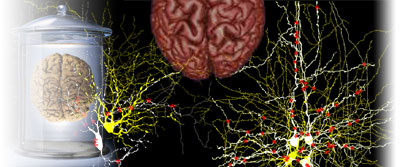

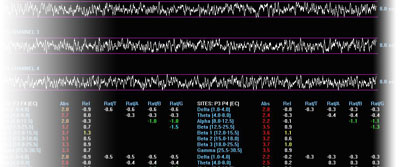
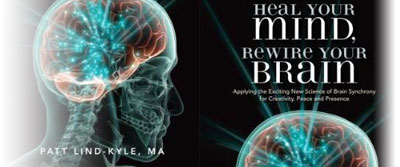

 Thomas Collura
Thomas Collura David Cantor
David Cantor Robert (Rusty) Turner
Robert (Rusty) Turner Richard McAlister
Richard McAlister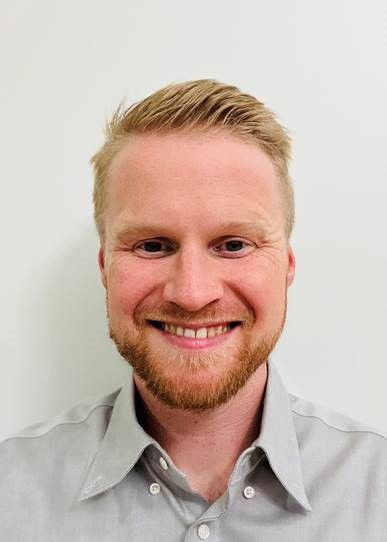 David Ims
David Ims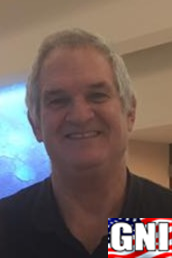 Jeff Reich
Jeff Reich Steve Warner
Steve Warner Thomas Brownback
Thomas Brownback Dolores Gaxiola
Dolores Gaxiola J. Michael Griffin
J. Michael Griffin Donna Creasy
Donna Creasy McGill Scott
McGill Scott Rich Davis
Rich Davis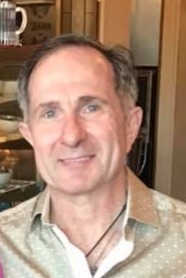 Harry (Bill) Brubaker
Harry (Bill) Brubaker Andre Keizer
Andre Keizer Penijean Gracefire
Penijean Gracefire John Demos
John Demos Mark Smith
Mark Smith Dick Genardi
Dick Genardi Jeff Tarrant
Jeff Tarrant Adrian Roel
Adrian Roel Thomas Feiner
Thomas Feiner Joseph Guan -Tech
Joseph Guan -Tech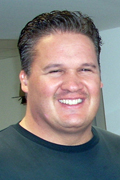 Bill Mrklas
Bill Mrklas Christen Stahl
Christen Stahl Giuseppe Chiarenza
Giuseppe Chiarenza Yvonne Tate
Yvonne Tate Lisa Black
Lisa Black Doron Todder
Doron Todder Dayna Nevar
Dayna Nevar Becky Bassham
Becky Bassham Michael Trayford
Michael Trayford Ron Bonstetter
Ron Bonstetter
